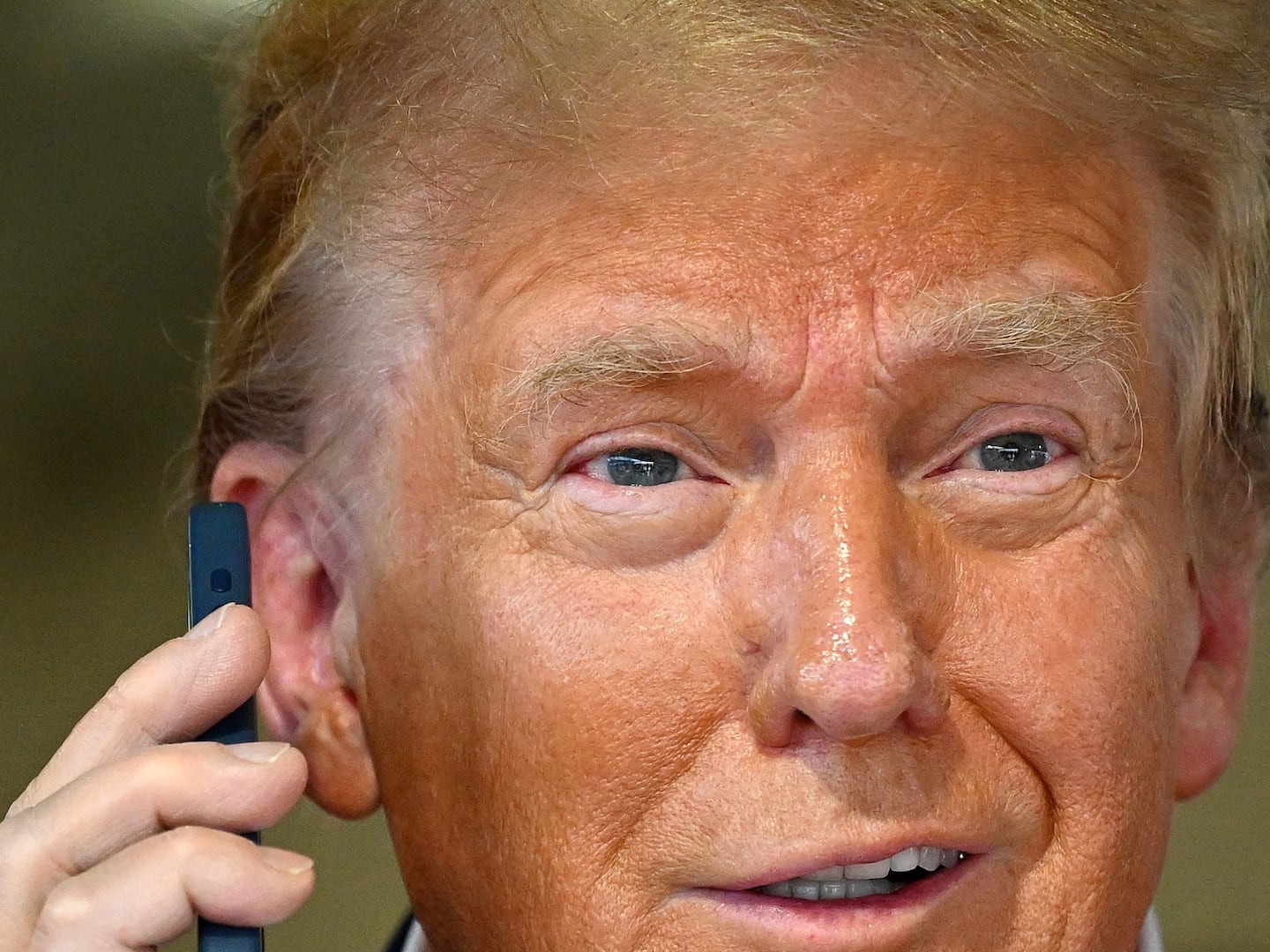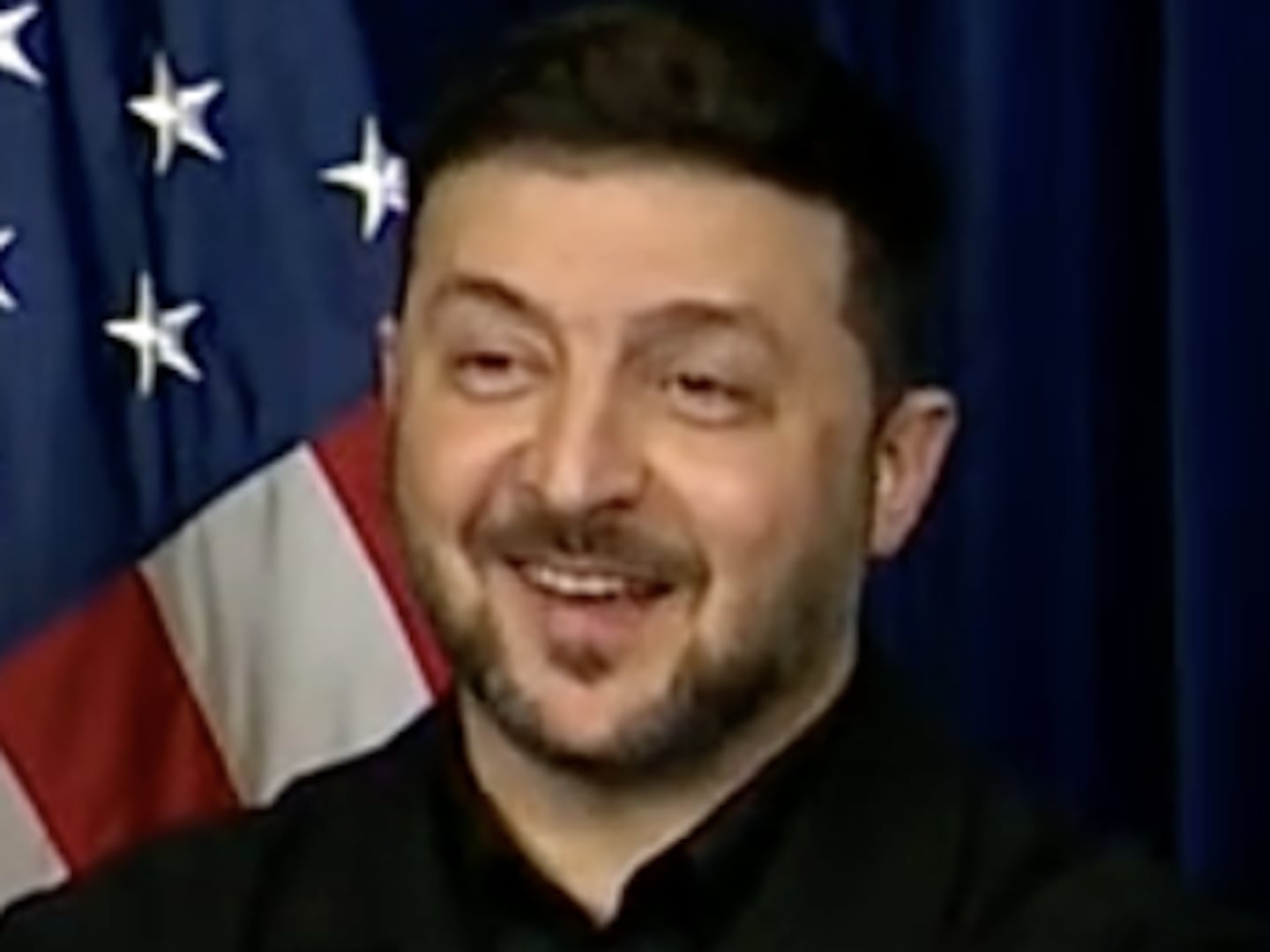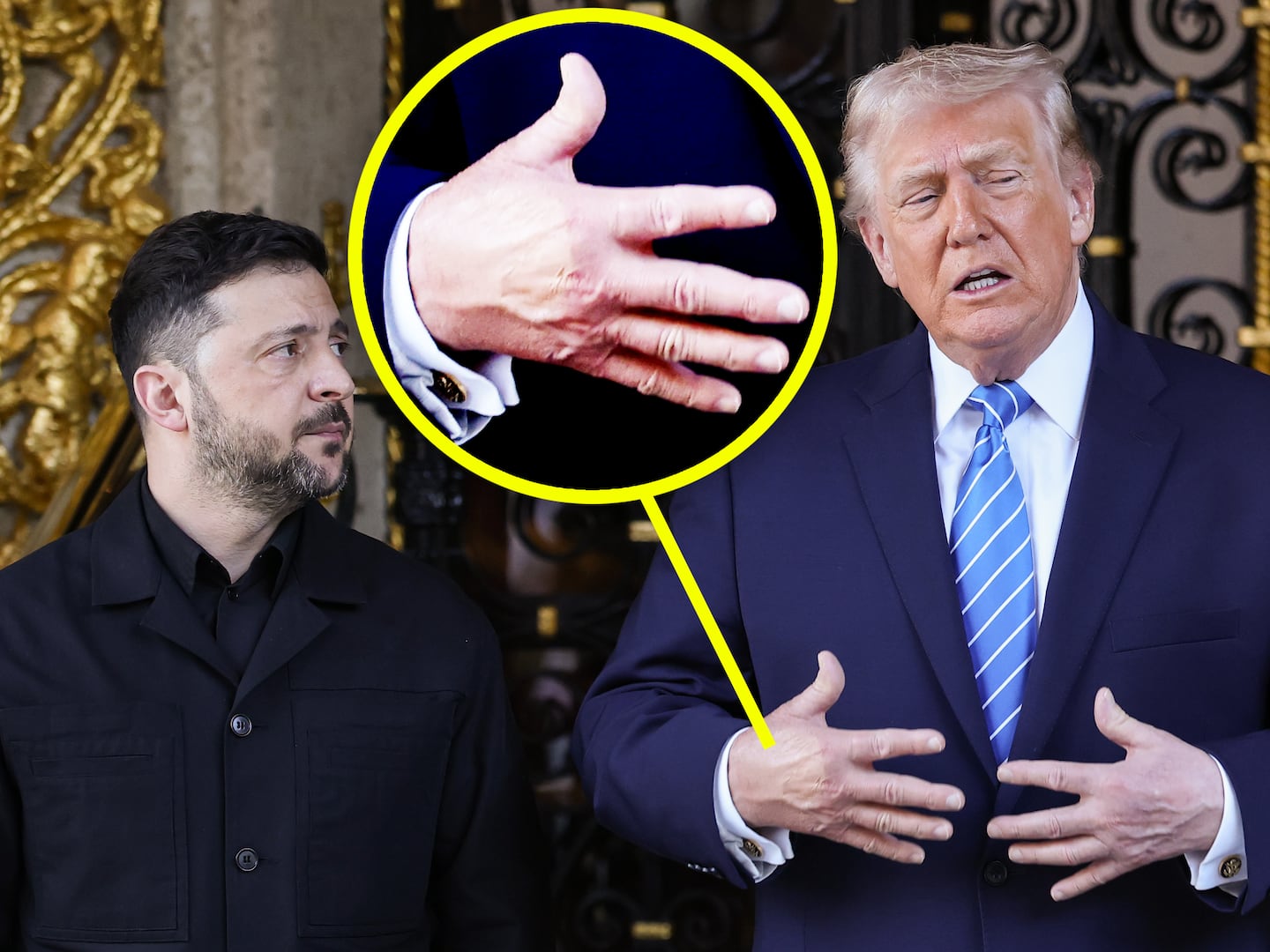
Following three arrests in connection with an alleged terror plot, authorities are now on the hunt for "about a dozen" other suspects—and security warnings are issued for hotels and stadiums. But Gerald Posner says that while the arrests looked like a triumph for law enforcement, FBI agents are fuming at New York Police Department detectives for blowing a chance to snare a larger sleeper cell.
What seemed like a triumphant moment for law enforcement—the arrest of three Afghans suspected of having ties to al Qaeda and possibly plotting a terror strike in the United States—has left FBI agents fuming at New York Police Department detectives for blowing the cover on the investigation, The Daily Beast has learned exclusively.
Following a year-long probe, federal agents on Saturday arrested 24-year-old Najibullah Zazi, in Aurora, Colorado, along with his father, Mohammed Wali Zazi, and 37-year-old Ahmad Wais Afzali, in Flushing, N.Y. But behind the scenes, the agents were furious at two detectives of the New York Police Department intelligence unit, whose actions, according to a source familiar with the case, scuttled the long-running probe and forced a raid earlier than planned, killing off any potentially bigger payoff had surveillance run longer.
“Today, instead of picking up Jose Padilla right away, we would follow him for six months, see where he is going, how he’s getting his money, if there were wire transfers coming in.”
The feds weren’t the only ones left steaming, says this source; also upset at the two NYPD detectives were their colleagues in the counterterrorism division, composed of more than 100 detectives who frequently work with the FBI on a Joint Terrorism Task Force. Federal investigators say any possibility of discovering whether the main suspect they were monitoring might have led to a larger sleeper cell inside the U.S. is lost. Also gone, say investigators, is the chance to see how al Qaeda planned its first post-9/11 U.S. attack, from support personnel to financing.
The FBI probe of Zazi was part of the bureau’s counterintelligence policy refined since 2001. In the first few years after 9/11, agents pounced on suspects instead of following targets to develop more leads and information. A senior FBI official told The Daily Beast: “Today, instead of picking up Jose Padilla right away [he was arrested right after he returned to the U.S. in May 2002], we would follow him for six months, see where he is going, how he’s getting his money, if there were wire transfers coming in. It was a different atmosphere then. We’re less risk-averse now.”
What made the Zazi case different from other recent terror cases—charges brought against people in Miami or Fort Dix, for example—was that it was the first time since 9/11 the bureau had discovered a person who was supposedly trained by al Qaeda both in explosives and weapons and who had unfettered access to the U.S. as a legal resident. “And this wasn’t a link to al Qaeda that was back in 1999,” said one agent familiar with the investigation, “but this was current, happening right now.”
In early September, Zazi rented a car and began driving to New York, arriving there in time for 9/11. The FBI team’s alarms went off. It was the eighth anniversary of the attacks on America, the United Nations was preparing for its annual General Assembly, the president was coming to town, and it was even Fashion Week in New York, a draw for visitors worldwide. Heightening the concern: The bureau’s surveillance revealed that Zazi intended to leave his rental car in New York and fly back to Colorado.
“What could he have had in that car that he was afraid to fly with it?” asks one agent. “What might he be leaving and for whom?”
While Zazi was on his way to New York, the FBI brought in the NYPD, as part of a coordinated investigation team. The NYPD was told that the bureau intended to “peel back the layers until we get to the bottom. We were going to let him go for a ride.”
With security heightened for the anniversary of 9/11, two veteran detectives from NYPD’s intelligence division took a photo of Zazi, obtained from the FBI, and showed it to Ahmad Wais Afzali, an imam in Queens. Afzali was what law enforcement calls a “hip pocket” informant—someone not on the official informant list but used as a confidential source whose identity is known only to one or two people. The two detectives did not tell anyone else that they were showing the Zazi photos to Afzali.
Soon after the detectives left, Afzali called Zazi’s father, a friend of his. The FBI, which was monitoring the Zazi phones, picked up the conversation. Afzali sounded concerned. Next he called the younger Zazi. The imam warned Zazi that he might be under surveillance. In the transcript of a phone call monitored by the FBI, Afzali said to Zazi: “I was exposed to something yesterday from law enforcement. And they came to ask me about your characters.”
Moreover, Afzali said several other things to Zazi that worried FBI agents that the imam was trying to coach Zazi what to say in case he was picked up by U.S. authorities. Afzali wondered whether Zazi had any “evidence” in his car. Another time, he asked about a trip Zazi had made to Pakistan. “You went to visit your wife, right?” At one point, all subtlety was dropped when Afzali warned Zazi, “Listen, our phone call is being monitored.”
The FBI realized its operation was blown. The immediate reaction both in the bureau’s New York office and at headquarters was an explosion of four-letter anger directed at the New York City police. “But we didn’t have much chance to stay mad for long,” says one official. With the case compromised, the bureau had to “jump and collect what we could.” On Sept. 14, federal agents raided homes in New York, including Afzali’s residence, and picked up the Zazis in Colorado. Although arrests would not come for another week, the investigation had screeched to a halt.
Once the FBI agents working the case realized that the detectives involved were solid veterans who had failed to report and coordinate their actions, most decided to let it pass. “We can’t stay angry forever; those things happen,” says one agent. “No one is happy about it, but we’re not as ballistic as when it first happened.”
But ill will may be lingering inside the NYPD counterintelligence squad, which feels its intelligence colleagues made a major breach of investigatory etiquette by not informing them of what was transpiring. According to one senior NYPD officer, counterterrorism chief Richard Falkenrath telephoned David Cohen, the NYPD’s intelligence commissioner, on Sept. 14, the day of the federal raids, and chewed him in an unusually blunt conversation. The counterterrorism chief made it clear that in the future all operational matters regarding terrorism had to be passed through his division.
The FBI Press Office had no comment, as the investigation into the suspects arrested is ongoing. Commissioner Cohen’s office referred all requests for comment to the NYPD police spokesman, Paul Browne, who did not respond to four requests for a statement.
Gerald Posner is The Daily Beast's chief investigative reporter. He's the award-winning author of 10 investigative nonfiction bestsellers, ranging from political assassinations, to Nazi war criminals, to 9/11, to terrorism. His latest book, Miami Babylon: Crime, Wealth and Power—A Dispatch from the Beach , will be published in October. He lives in Miami Beach with his wife, the author Trisha Posner.






